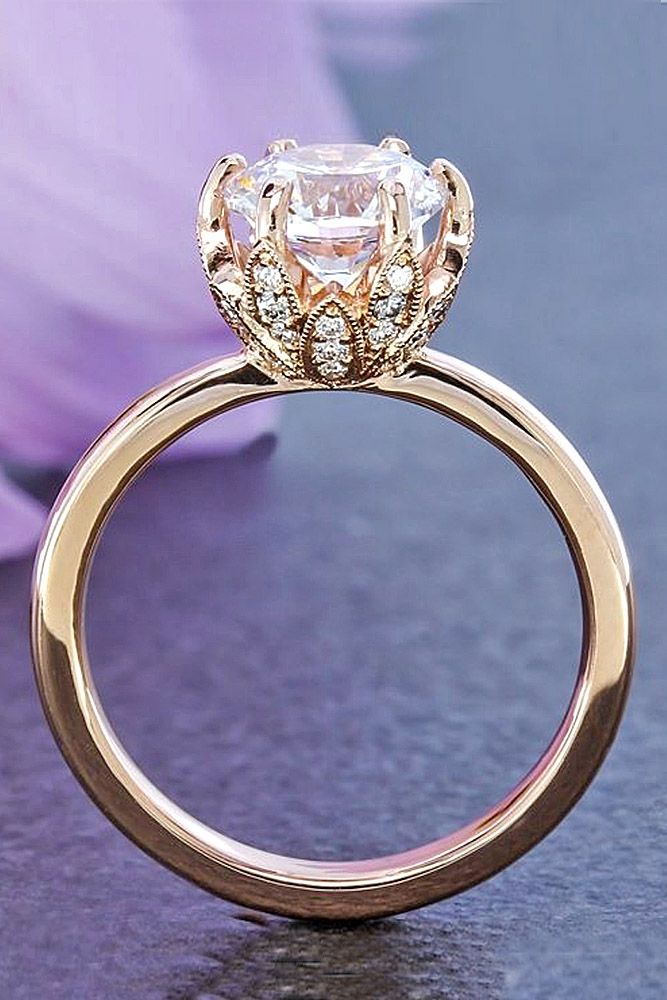Steer clear of people who fail to take an honest look at themselves.
Do you really want to be with a person who can’t be reasoned with, who doesn’t take an honest look in the mirror, and who flies into a rage at the mere drop of a hat?
That was the question I asked Brenna, a client contemplating marriage to a man who matches this description. She’s also fairly certain he has a drinking problem. Combine alcohol with his other troublesome traits and we have a person who’s impossible to live with—at least peacefully.
“If you choose to marry this man,” I warned, “you’re in for a difficult ride.”
I explained that the overuse of alcohol impedes a person’s ability to reason, self-manage and grow. Where, then, does self-reflection, self-restraint and accountability come from?
“Are you going to take on that task for him?” I asked.
Brenna does that now—extensively.
“The other day he tripped and blamed the dog for being in the way,” she said. “When I heard him shouting at the dog, I told him he shouldn’t take his frustrations out on an innocent animal.”
His angry outbursts are frequent and they’re usually aimed at her. She gave several examples and pointed out that “he thinks he’s totally justified, and never apologizes.”
“So how do you feel around this guy?” I asked.
“I’m always on edge—nervous about setting him off.”
“Do you really want to live that way?” I asked.
Brenna thinks that by marrying him, he’ll change.
“I feel I should give him a chance,” she said. “After all, everyone has imperfections.”
“This doesn’t fall into the same category as facial warts or accepting a husband’s failure to put the toilet seat down,” I said. “This is about someone being mean to you day in and day out.”
“But he could change,” she said.
“Brenna,” I said, “why would someone be motivated to change if they’re given the reward—in this case, marriage—before they change?”
“… I don’t have an answer for that one,” she said.
Brenna needs a strong dose of reality: People don’t change unless they elect to do so. Getting married won’t magically rectify a preexisting condition.
Valerie, another client, is a good case in point.
Like Brenna, she thought her boyfriend would change for the better after they tied the knot. She thought having a ring on her finger would end his crazed jealously.
But she was in for a rude awakening.
“One day, I was headed out the door to go grocery shopping,” she recalled. “What I had on—how I was dressed—was the farthest thing from my mind. But my husband noticed, and he wasn’t pleased. He was sure that I was meeting someone, so he followed me without my knowledge.”
It wasn’t until she filled her grocery cart that he appeared out of nowhere.
“There he stood glaring at me,” she said. “In front of everybody, he grabbed me and dragged me out to his car. When we got home, he cut up all my clothes and threw them out the window. I was too embarrassed to tell anyone.
“The next day he said he was sorry and swore he would never do it again,” she said. “I bet I heard that same story a hundred times! He would change for a short time, but then it just got worse.”
Periods of remorse don’t qualify as real change, not as long as the bad behavior returns and continues.
Valerie eventually left her husband.
“I finally woke up and realized he was sick,” she said. “It wasn’t me.”
Sometimes abusive relationships involve more extreme violence.
One client, Holly, told me how her boyfriend became enraged and struck her in the head. A few days later, he called—irritated. “I haven’t heard from you!” he accused.
“Why should I?” she said, “You hit me!”
His recollection about that evening was fuzzy—he had been drinking. But he did recall hitting her.
“There must have been something you did to provoke it,” he countered, immediately deflecting the blame to her.
If Holly’s smart, she’ll get out now. If she chooses to endure it, she can expect more of the same. Her boyfriend shows no motivation to take stock of himself or accept blame. He hit her, but wants to blame her for it.
People are reluctant to end bad relationships, even abusive ones, for a variety of reasons. Sometimes it’s because the other person wouldn’t understand, wouldn’t take it well, or he may change someday.
The raw truth is, unless partners display genuine insight into themselves, and show real improvement over their toxic behaviors, they’re not likely to change.
Names are changed to honor client confidentiality.
(c) Salee Reese 2017

I believe one of the top qualities we should all look for in a partner is just that—self-awareness and a genuine heart. Oftentimes, people are so used to being treated poorly by family members they choose partners who do the same. It’s familiar territory and comfortable.
Yep … you’re soooo right!